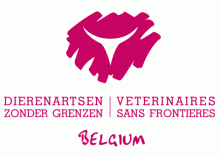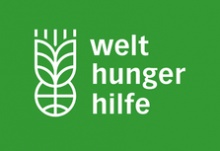Topics and Regions
Details
Location
Contributions
Displaying 21 - 30 of 67LEGEND outputs overview
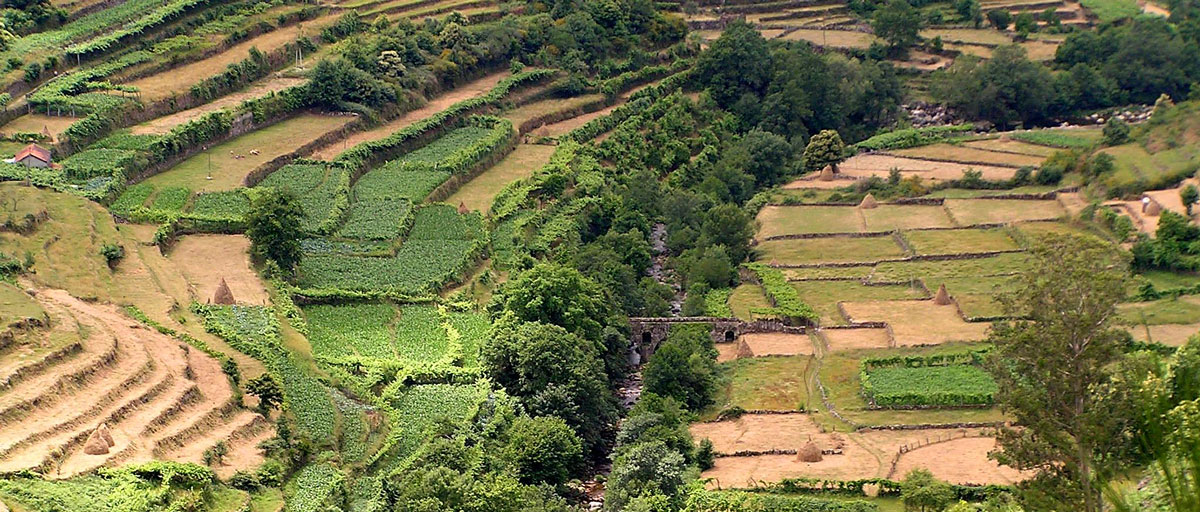
In pursuit of generating better data and knowledge on good land governance, responsible land investment and secure land rights, LEGEND’s Core Land Support Team (CLST) has produced a range of outputs for different audiences. These cover ten different themes (which you can browse from the below list) and include reports, briefing papers, evidence updates, and regular bulletins
Legend Product
Reports and briefing papers
-
Report: Investing Responsibly in Agricultural Land Lessons from responsible land investment pilots in sub-Saharan Africa
-
Briefing: Investing Responsibly in Agricultural Land Lessons from responsible land investment pilots in sub-Saharan Africa
- Thematic case Studies from responsible land investment pilots in sub-Saharan Africa:
- #1 The need for proper attention to land tenure issues in investment planning and due diligence
- #2 Approaches to land rights documentation and mapping to protect local people’s land rights in agricultural investment contexts
- #3 Reducing concession size, adjusting business plans and developing more inclusive business models
- Responsible land investment in sub-Saharan Africa: six insights from the private sector
- Accompanying slide deck: Six private sector insights on responsible land investment in sub-Saharan Africa
- Analytical Paper: Tackling corruption in land governance
- Briefing: Tackling land corruption in developing countries
- Analytical Paper: Addressing legacy land issues in agribusiness investments
- Briefing: Legacy land issues Addressing historical disputes in agribusiness investments
- Analytical Paper: Legal empowerment in agribusiness investments Harnessing political economy analysis
- Briefing: Legal empowerment in agribusiness investments Harnessing Political Economy Analysis
- Report: Investing Responsibly in Agricultural Land Lessons from responsible land investment pilots in sub-Saharan Africa
- Briefing: Investing Responsibly in Agricultural Land Lessons from responsible land investment pilots in sub-Saharan Africa
- Policy Brief: Land rights and investments - why the IFC performance standards are not enough A comparison with the VGGT
- Executive Summary: Are development finance institutions equipped to address land rights issues? A stocktake of practice in agriculture
- Report: Are development finance institutions equipped to address land rights issues? A stocktake of practice in agriculture
- Report: Securing land rights at scale Lessons and guiding principles from DFID land tenure regularisation and land sector support programmes
-
Options for Securing Tenure and Documenting Land Rights in Mozambique: A Land Policy & Practice Paper
- Full paper: (also available in Portuguese)
- Briefing Note: (also available in Portuguese)
Evidence updates
- Evidence update: Land, population and agricultural investment in Africa
- Evidence update: Gender, land and agricultural development in Africa
State of the debate
- State of the debate: Strengthening Land Governance Lessons from implementing the Voluntary Guidelines
- State of the debate: Land governance and inclusive business in agriculture Advancing the debate
Portfolio overviews
-
Portfolio overview: 2016 overview of DFID programmes working on land
- Portfolio overview: 2015 overview of DFID programmes working on land
Slide resources
News and bulletins
- LEGEND land policy bulletin 1 Why land governance?
- LEGEND land policy bulletin 2 Stepping up work on responsible land investments
- LEGEND land policy bulletin 3 A global push for gender equality in land rights
- LEGEND land policy bulletin 4 Focus on the Annual World Bank Conference on Land and Poverty 2016
- LEGEND land policy bulletin 5 Focus on Habitat III and the New Urban Agenda
- LEGEND land policy bulletin 6 Harnessing the law for fairer agricultural investments
- LEGEND land policy bulletin 7 Can technology revolutionise efforts to secure land rights?
- LEGEND land policy bulletin 8 Agribusiness and land rights: turning good intentions into tangible change
- LEGEND land policy bulletin 9 The VGGT five years on – are they changing lives?
- LEGEND land policy bulletin 10 Experiences and emerging lessons from four Challenge Fund projects
- LEGEND land policy bulletin 11 DFID’s work on land: what future priorities?
- LEGEND land policy bulletin 12 Inclusive business and agriculture: what are we learning from the field?
- LEGEND land policy bulletin 13 Responsible investments: are new initiatives hinting towards a shift in practice?
- LEGEND land policy bulletin 14 Securing land rights at scale: eight lessons and guiding principles on land tenure regularisation
-
LEGEND land policy bulletin 15 Why urban land governance matters
-
LEGEND land policy bulletin 16 Why land governance and responsible land investment remains a key priority
Events
UK Land Policy Forum
LEGEND Global Partners
LEGEND Global Partners
- CADASTA: a global digital platform and tools for land rights mapping and documentation
- Namati: legal empowerment work in Sierra Leone and Kenya
- Columbia Center on Sustainable Investment (CCSI)
- Interlaken Group
- Land Portal
- PrIndex
- Quantifying Tenure Risk (QTR)
- Social License Platform
- Transparency International
Funding from the UK Government through the LEGEND programme has supported the development of a wide range of initiatives, tools and resources to promote responsible land investment, improve data, information and evidence on land governance, and strengthen tenure security for men and women.
Below is more information on LEGEND grants made to global partners, including specific tools and resources they have produced for business, communities and policy-makers.
About
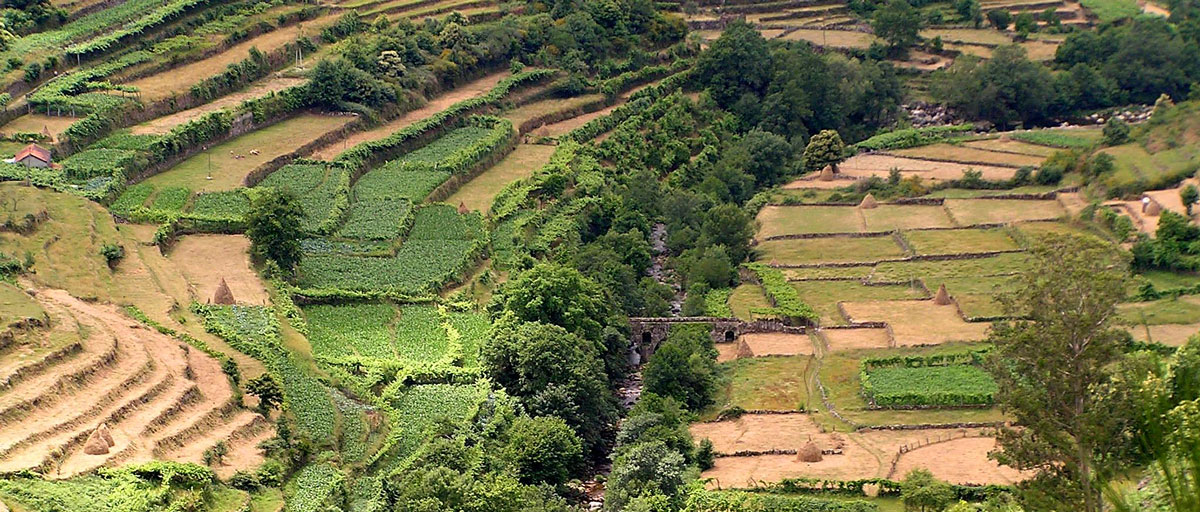
Building a world where people, in particular women, and responsible businesses have secure land tenure rights to invest, thrive and contribute to inclusive and sustainable economic development.
LEGEND aims to improve the quality and impact of land investments so they contribute sustainably to growth while safeguarding rights and opportunities for poor people, rural and urban, and especially women. It has done this through: building policy coherence globally using internationally agreed principles and guidelines, such as the VGGT and CFS RAI principles; promoting application of emerging good practice emerging across countries; and stimulating the development of innovative tools and partnerships involving civil society, private sector and governments at global, country and local levels.
LEGEND’s CLST has focused on four main objectives:
- Generating, collating and disseminating better data and knowledge on good land governance, responsible land investment and secure land rights, and promoting their use in programme design and policy debate by governments, private sector, civil society and international agencies. LEGEND analysis on legal empowerment, legacy issues, inclusive agri-business, gender issues and the broad landscape of responsible land investment has reached over 46,000 users.
- Facilitating the scoping, design and review of DFID country programmes in 11 countries – Afghanistan, Ethiopia, the Occupied Palestinian Territories, Indonesia, Malawi, Mozambique, Myanmar, St. Helena, Senegal, Sierra Leone and Zambia.
- Establishing a Challenge Fund to support the development and testing of innovative approaches and partnerships for strengthening land governance in agricultural investments, and land and natural resource-based value chains. Seven projects were implemented in seven five African countries: Malawi, Mozambique, Tanzania, Zambia and Sierra Leone.
- Supporting a network of global civil society partners to improve information & and knowledge through research, new diagnostic tools, better data and performance assessments, government capacity building, clear and practical tools to help all stakeholders deliver better on land. Through LEGEND grant support, partners have established new platforms to share and deliver land knowledge and data amongst stakeholders, deepen understanding of tenure risk in land investments, and helped to protect land rights and strengthen land governance processes across the globe.
About us
Land: Enhancing Governance for Economic Development (LEGEND) is a £38mn DFID global programme running from May 2015 to March 2021. LEGEND was designed to mobilise knowledge and capacity for design and delivery of new land-related programmes, improve land governance as an essential and inclusive basis for economic development, and strengthen land and property rights at scale.
LEGEND Core Land Support Team
Over five years from 2015 to 2019, the LEGEND Core Land Support Team (CLST) has supported LEGEND deliver the above objectives, including through:
- A Knowledge Management Consortium with leading land expertise from an alliance of research institutes - Overseas Development Institute (ODI); International Institute for Environment and Development (IIED); and Natural Resources Institute (NRI).
- Overall programme and finance management by KPMG, including management of the Challenge Fund, for which NRI provided technical and learning support.
LEGEND CHALLENGE FUND
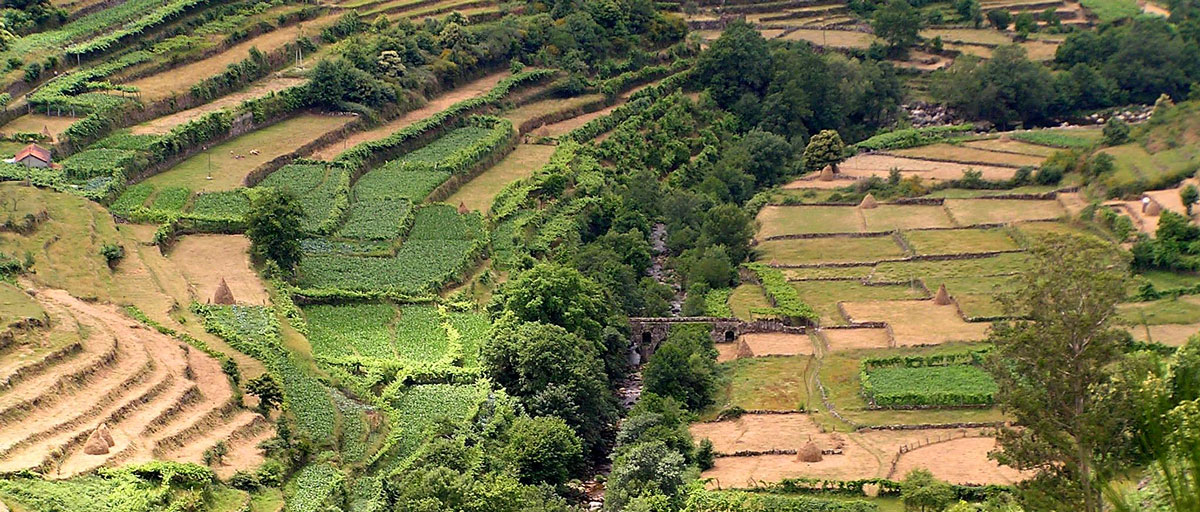
LEGEND CHALLENGE FUND
The LEGEND Challenge Fund was designed to support the development and testing of innovative approaches and civil-society - business partnerships for better land governance in agricultural investments and land and natural resource based value chains.
Following a competitive call in 2016 for proposals including civil society and private business partners, seven projects were selected and implemented during 2017-19, in five African countries: Malawi, Mozambique, Tanzania, Zambia and Sierra Leone.
These projects focussed on the application of the Voluntary Guidelines on the Governance of Tenure (VGGT) to protect the tenure rights of land holding communities and small scale farmers to improve existing agricultural land investments by international companies, and to establish new, inclusive community-business partnerships. They did this by:
- strengthening due diligence processes in large scale agricultural investments and supply chains, and
- developing new tools and approaches for land rights mapping and documentation and supporting the development of new business and employment opportunities in partnership with companies, through community-based organisations.
Five projects took place in specific countries, and two had a multi-country focus in east and southern Africa. Three projects focused on land tenure risks and governance issues in large scale investments and three on development of community-based enterprise partnerships that required secure community and farmer land rights; one project sought to do both.
The fund was managed by KPMG and technical backstopping and learning support for the grantees and the programme as a whole was provided by Natural Resources Institute (NRI), University of Greenwich.
Information on the objectives and outcomes of each project is available via the links below. LEGEND has also produced a summary briefing note and a full report on practical and strategic lessons from the challenge fund and other responsible land investment pilot projects in sub- Saharan Africa: Investing Responsibly in Agricultural Land - Lessons from responsible land investment pilots in sub-Saharan Africa’.
Implementers: Solidaridad and Natural Habitats Sierra Leone (NHSL)
Geographical focus: Sierra Leone
NHSL acquired an oil palm concession of over 40,000 hectares ffrom a previous owner, and worked with Solidaridad to address the tenure disputes and social conflicts resulting from failure to consult customary land owners and users to gain consent when the concession was created. The project enabled a vastly reduced concession and new lease to be negotiated through a multi-stakeholder platform, with support from Namati, satisfying community demands and laying the foundation for a sustainable company operation aligned with VGGT principles.
From Commitment to Practice (C2P)
Implementers: Landesa and Illovo Sugar
Geographical focus: Malawi, Mozambique, Tanzania
The C2P project aimed to support the Operationalization of Private Sector Commitments to addressing land rights by piloting the application of a VGGT-based analytical framework for due diligence of land-based investments in Illovo sugars operations and supply chains, wworking closely with the company to build trust with civil society in each country.
Implementers: VSF Belgium, UCRT and Dorobo Safaries
Geographical focus: Tanzania
The project secured collective land rights for Hadzabe hunter–gatherer and Datoga pastoralist groups, and developed participatory village land use plans to strengthen land governance in the Lake Eyasi valley, an important human and wildlife corridor, and focus of poorly regulated cultural tourism, on which indigenous communities have come to rely on for cash income. Stakeholders agreed a sustainable tourism business plan and code of conduct including transparent revenue sharing arrangements.
Piloting the ‘Community Land Value Chain’ in Zambezia, Mozambique
Implementers: ORAM and Terra Firma
Business partner: Portucel Mozambique
Geographical focus: Mozambique
Using open data tools, ORAM secured the land rights of over 14,000 households in 20 communities within huge plantation forestry concessions granted to Portucel, by government, and established village land associations, trained in legal and business skills to act as counterparties in negotiations. This also assists the company to partner with communities in pursuing more sustainable, less ambitious plans based on land holders’ consent, for a proposed ‘agro-forestry mosaic’ involving out-growers and small-scale planting blocks, in place of large sale plantations.
Implementers: MICAIA Foundation and Baobab Products Mozambique (PBM).
Geographical focus: MozambiqueThe project supported women’s baobab harvester groups to supply and work with BPM to manage a sustainable baobab trade and help develop new domestic and export value chains, empowering the women and generating essential family incomes in two very poor districts of central Mozambique. It secured community land rights and land and natural resource use plans for 23 villages groups, with customary leaders fully engaged, to protect the baobab resource and ensure sustainable utilisation.
Implementers: Welthungerhilfe (WHH)
Geographical focus: Mozambique
SPIRAL sought to test and develop the idea of a Cocoa Production Cluster (CPC) as an inclusive responsible approach to agricultural land investment, in partnership with a national cocoa trader providing training, management and offtake services, with an ultimate long term aim of establishing a community owned cocoa business in which farmers, land holding families could all gain their fair share of returns, without giving up land permanently to external investors.
Implementers: Bonsucro and TMP Systems
Geographical focus: Malawi, Mozambique, Tanzania and Zambia
The project aimed to encourage sugar producers and supply chain actors to adopt common land tenure governance standards through Bonsucro as an industry organisation. It developed and applied on-line tools to establish a land risk profile for sugar production sites across eastern and southern Africa and worked with small-scale growers’ organisations to develop and test farm management modules intended to business management and land use while strengthening users’ tenure rights.
Land Projects
Explore la base de datos global más grande de proyectos de derechos de propiedad y tierras para realizar un seguimiento de la financiación de proyectos, aprender de otros, encontrar sinergias o compartir resultados valiosos de sus propios proyectos.
Land Projects
Navegue pelo maior banco de dados global de projetos de direitos de terra e propriedade para acompanhar o financiamento de projetos, aprender com outras pessoas, encontrar sinergias ou compartilhar resultados valiosos de seus próprios projetos.
Land Projects
Parcourez la plus grande base de données mondiale sur les projets relatifs aux droits fonciers et de propriété pour suivre le financement des projets, apprendre des autres, trouver des synergies ou partager les résultats précieux de vos propres projets.
Land Projects
The Land Projects Database is the most complete source of information on land governance projects worldwide. It includes development projects since 2012. Most of the data is retrieved from the International Aid Transparency Initiative (IATI) and curated by a team of experts in the Land Portal. Below is a demo version of the database released in October 2023. We are continuously working to curate the data, so please contact us if you see any mistakes or gaps in the information. Learn about our methodology and what is upcoming.




